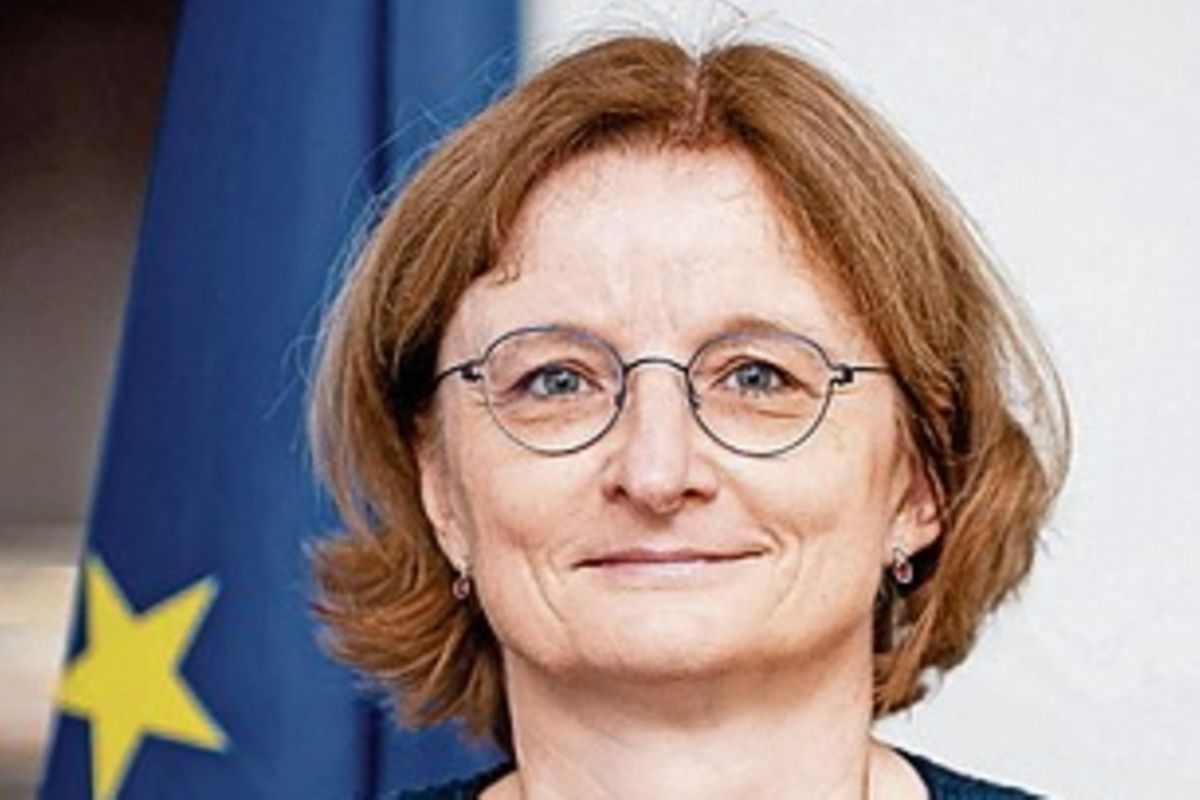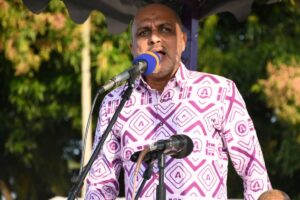
Imagine Tanzania in 15 years: a nation with one of the fastest-growing economies in the world, a population of 100 million people—three-quarters of whom will be under 35. This vision offers many challenges, but also many opportunities. It is these opportunities that will drive the next wave of entrepreneurial innovation in Tanzania.
But here’s the challenge: How do we create enough jobs to match this youthful demographic surge? How do we ensure access to food, quality education and infrastructure? How can Tanzania leapfrog into new ways of doing business, taking these opportunities and address the challenges?
One answer lies in nurturing talent, encouraging risk-taking, and building an ecosystem where startups and small businesses can thrive. This is not just theory—it is already happening. Tanzania is steadily becoming a hub for innovation, as demonstrated by its growing number of innovation hubs and venture capital activity. For instance, I recently read in this very newspaper that at the AfriLab Conference in South Africa, Tanzania set a record by sending representatives from 25 innovation hubs—an impressive statement about the vibrancy of the ecosystem. This growth speaks volumes about Tanzania’s entrepreneurial drive.
The European Union has long been committed to supporting Tanzania’s startup ecosystem. On Friday last week, I had the honour of attending the unveiling of the third cohort of startups and innovative SMEs under the FUNGUO Programme—a project we at the European Union are proud to co-finance.
The current round of funding under FUNGUO, implemented in partnership with the United Nations Development Programme (UNDP) and this time with CRDB Bank’s iMBEJU initiative, is much more than simply providing funding. It is a catalyst for change, focusing on impact-driven ventures that tackle pressing challenges while creating jobs and supporting sustainable growth.
From previous calls, we’ve seen the remarkable impact of such support. Take Idda Mihindi, for example, a FUNGUO investee whose company, FHT Group, empowers rural women to design and manufacture eco-friendly reusable pads, addressing barriers to menstrual health in Tanzania.
Similarly, Hellen Sailas, founder of Arena Recycling Industry, is tackling Tanzania’s growing waste problem by transforming plastic waste into durable building materials. This not only protects the environment but also reduces construction costs by offering affordable alternatives for infrastructure development. Stories like these are powerful reminders of the transformative impact of targeted support for entrepreneurs.
Over the years, FUNGUO’s investees have collectively raised Sh15.5 million in additional funding, which has helped generate over 4,000 direct and indirect jobs. This year’s cohort is set to amplify this impact, contributing across sectors such as agriculture, energy, healthcare, circular economy, and financial services—many offering technology-driven solutions.
The support from the Europea Union for startups goes beyond FUNGUO. Through initiatives like PESATECH for fintechs, AgriFI, ClimAccelerator, and the Clean Cooking Fund, the EU continues to back entrepreneurs. Additionally, we are supporting the government on innovative financing instruments like venture capital guidelines and crowdfunding frameworks. These efforts are part of a broader commitment to Tanzania, including Sh162.5 billion (EUR 55 million) to advance digitalisation and Sh67.8 billion (EUR 23 million) to enhance the business environment.
These efforts are directly linked with the Global Gateway Strategy, the European Union’s initiative to narrow the global investment gap. The EU drives private-sector growth, boosting investments and creating jobs that fuel Tanzania’s economic development. By mobilizing up to Sh397.9 trillion (EUR 135 billion) in financing, the Global Gateway focuses on sustainable investments in partner countries to achieve the Sustainable Development Goals.
Why does this matter? Because the entrepreneurial journey is not for the faint-hearted. It demands courage, perseverance, and the willingness to jump into the unknown. But with the right support, the rewards can be transformative—not just for individuals, but for entire communities and the nation as a whole.
As we celebrate the achievements of this year’s FUNGUO investees, the 18 startups and the growing ecosystem that supports them, I encourage all young Tanzanians to seize the opportunities before them. Whether you are an aspiring entrepreneur, an investor, or an enabler, now is the time to act.
Christine Grau is European Union Ambassador to Tanzania and the East African Community














